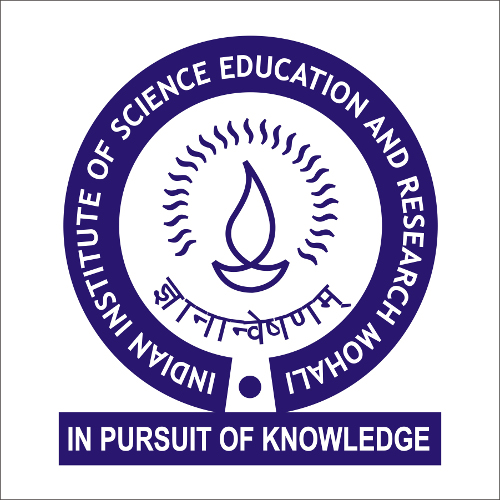Forthcoming Events
Exploring the Horizons of Gravitational Wave Astronomy: Probing Fundamental Physics and Advancing Data Analysis Techniques
Saleem Muhammed (University of Minnesota)
Location : Online
Abstract: The advent of gravitational wave astronomy marked a revolutionary era in astrophysics, commencing with the landmark detection of a binary black hole merger in 2015 by the Laser Interferometer Gravitational-Wave Observatory (LIGO). Subsequent observing campaigns, spanning three observing runs, have unveiled approximately 90 compact binary mergers, including binary neutron stars, neutron star-black hole binaries, and binary black hole mergers. With ongoing and forthcoming observing runs featuring upgraded interferometers, the anticipated addition of several hundreds of detections promises to deepen our understanding of the universe's population of compact binary mergers and their evolution across cosmic epochs.
In this talk, I will discuss how the observed binary black hole mergers serve as invaluable probes for testing the predictions of general relativity in the strong-field regime. Specifically, I will explore novel data analysis methodologies aimed at refining these tests, minimizing underlying assumptions, and enhancing their significance. Additionally, I will discuss efforts to scrutinize the physical nature of observed compact objects, discerning between black holes and alternative hypothetical entities proposed in theoretical frameworks.
Moreover, I will talk about a pioneering machine learning approach for noise regression in gravitational wave strain data, effectively extending the reach of the detectors and showcasing how cutting-edge computing tools can lead to astronomical discoveries. I will also highlight the critical role of such tools in characterizing the noise environment of the forthcoming LIGO India detector, currently in the construction phase.
I will conclude the talk with some insights into the future directions.
Meeting ID: 935 3572 2256
Passcode: 076247
In this talk, I will discuss how the observed binary black hole mergers serve as invaluable probes for testing the predictions of general relativity in the strong-field regime. Specifically, I will explore novel data analysis methodologies aimed at refining these tests, minimizing underlying assumptions, and enhancing their significance. Additionally, I will discuss efforts to scrutinize the physical nature of observed compact objects, discerning between black holes and alternative hypothetical entities proposed in theoretical frameworks.
Moreover, I will talk about a pioneering machine learning approach for noise regression in gravitational wave strain data, effectively extending the reach of the detectors and showcasing how cutting-edge computing tools can lead to astronomical discoveries. I will also highlight the critical role of such tools in characterizing the noise environment of the forthcoming LIGO India detector, currently in the construction phase.
I will conclude the talk with some insights into the future directions.
Meeting ID: 935 3572 2256
Passcode: 076247

